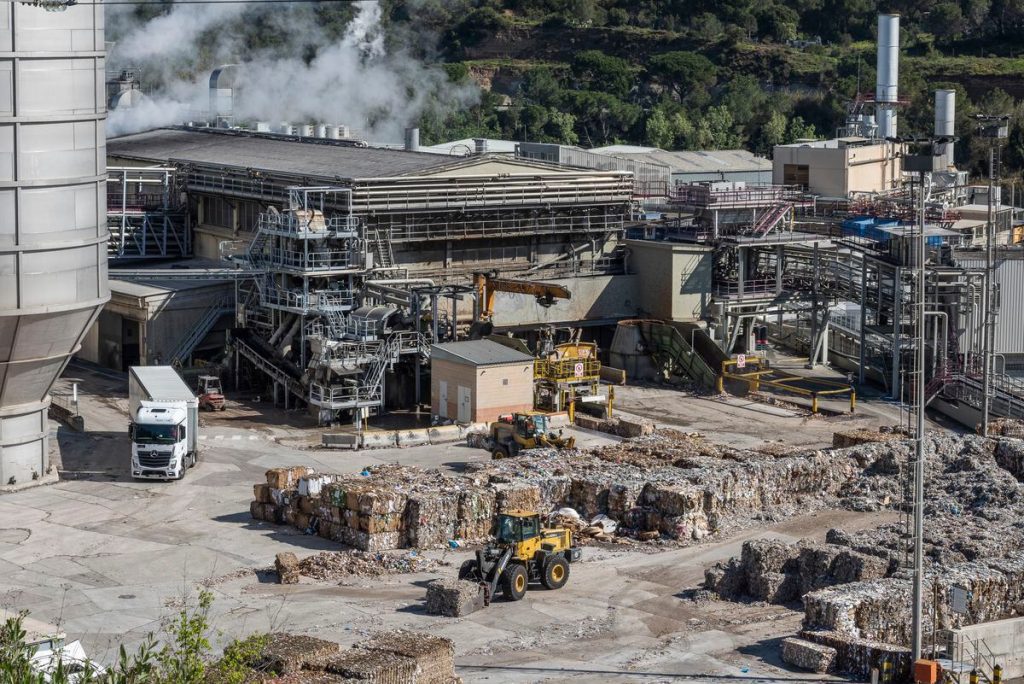There has been a repeated request in the last decade from the Spanish industry for a reduction in electricity prices. For the past eight years, this demand has been focused on the electrointensive consumer statute, designed for companies whose activity depends on energy and its costs. The current government has been working on a draft decree law to develop this statute, which is expected to be approved in the coming weeks. Tomorrow, the Council of Ministers will approve a necessary preliminary step to develop it, the guarantee reserve fund aimed at securing contracts with green energy generators for an amount of 600 million euros over a period of three years.
The Minister of Industry, Reyes Maroto, announced this measure as one of the government’s “priorities” to improve the competitiveness of the electrointensive industry, which has been complaining for years about the high energy costs in Spain that weigh down its competitiveness. The goal is for Cesce (Credit Insurance Company for Export) to cover the uncertainty of long-term electricity purchase contracts (PPAs) so that energy producers have their risks covered for non-payment by their customers. Spain is trying to give more prominence to the consumption of renewable energies and is attempting to follow the path taken by Norway. The intention is to maximize the use of green electricity and, at the same time, allow for a reduction in its price, which is ultimately what companies demand, as they complain about the high price differential compared to other countries like France and Germany.
Electrointensive activities such as steel manufacturing consume large amounts of energy and operate 24 hours a day. In this case, they see green producers as a complement to their demand and an opportunity to reduce tariffs. However, the sector also demanded a way to guarantee the possibility of non-payment, which would be resolved through the reserve fund. Some companies have already made some contracts, but for a small consumption volume and mainly as a way to test the experience. For now, the approach of the Ministry of Industry is to cover the first three years of experience and, from the fourth year, establish maximum amounts to cover, and possible extensions.
Maroto has framed the approval of this Guarantee Reserve Fund as a “very important measure” included in the Electrointensive Consumer Statute, which will also be approved in the coming weeks. The minister has emphasized that Spain needs to “strengthen” the role of the industrial sector in the country’s GDP and, with that goal in mind, has advocated for “promoting” an Industry Pact “of permanence and to be elevated to the status of a State policy”, to ensure it is “protected from future political changes”. Major consumers are not yet fully in agreement with the latest draft of the statute, as they believe that some of their requests to align with other countries in terms of energy prices have been left out. They especially point out that they are not compensated for all the costs they have to bear to finance renewables, beyond the access fees, without including the cost of electricity transportation tolls.


